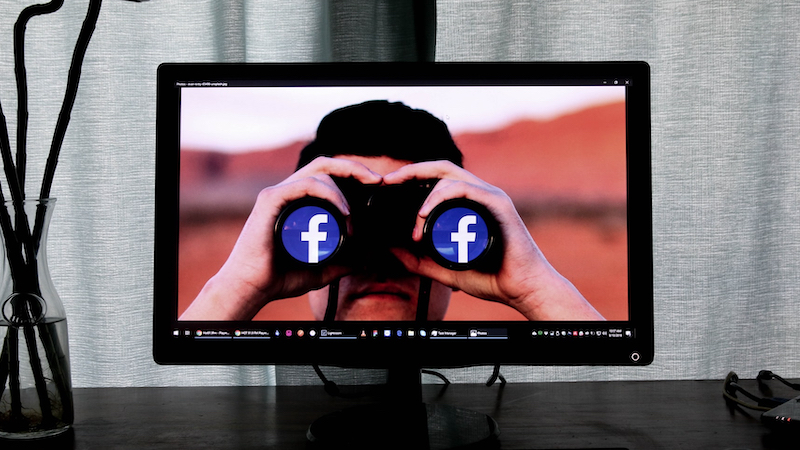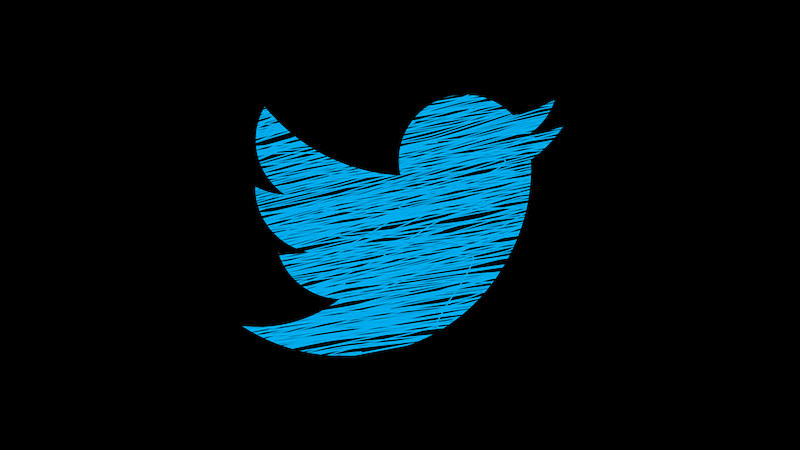Hackers have leaked the private user data of millions of Facebook users. In addition to phone numbers and email addresses, birth dates and location information were also published. Facebook CEO Mark Zuckerberg is also said to have been affected.
Cyber criminals leaked the personal user data of more than 533 million Facebook users in a hacker forum over the Easter weekend. Of these, 32 million were from the USA, eleven million from the UK and six million from India. There are no concrete figures for Germany (yet).
The IT security firm Hudson Rocket has become aware of the data set. According to Alon Gal, technical director at Hudson Rocket, it is information that hackers have already captured in 2019.
Facebook user data dates back to 2019
While Gal accused Facebook of absolute negligence, the social media company reacted cautiously.
According to a spokeswoman for the social network, it was outdated information from 2019 that had already been reported. Moreover, the data leak had long since been plugged.
However, some tests with public email addresses reveal that some data is still up-to-date. Accordingly, criminals can use the data set to commit identity theft or misuse private data.
In addition to complete user names, dates of birth and e-mail addresses, the published information also includes telephone numbers and sometimes private details such as relationship status. Facebook CEO Mark Zuckerberg is also said to be affected by the leak.
Headlines about leaked Facebook user data again and again
Moreover, this is not the first time that private Facebook user data has surfaced on the web. Back in 2016, the British consulting firm Cambridge Analytica used the private information of millions of users for personalized advertising.
In 2019, in turn, hackers leaked 420 million phone numbers after misusing a search function to tap data.
Facebook has since fixed both the corresponding search function and the security hole responsible for the current leak. But once hackers have captured such data, there is little to stop them from spreading it around the web.
In retrospect, Facebook can hardly help the victims of the latest leak, since the data is already in circulation. However, the social network can at least warn those affected accordingly, according to security expert Alon Gal.






